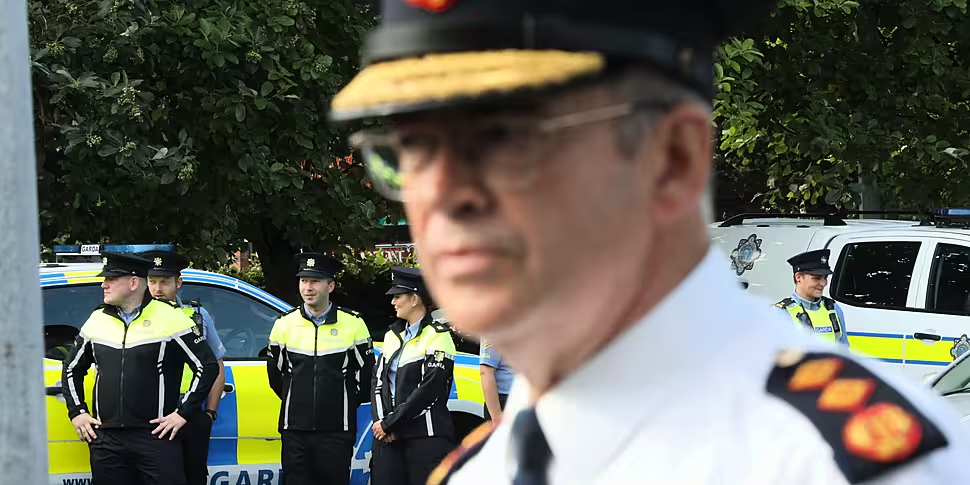There is “only going to be one outcome” of the future vote of no confidence in Garda Commissioner Drew Harris – and it is not a positive one.
That's according to Irish Independent Special Correspondent Paul Williams, who said Mr Harris is in a “very serious situation” after the Garda Representative Association (GRA) said it will proceed with a vote of no confidence.
“If we were having a few pints, I would not be suggesting yourself or myself nip over to Paddy Power and bet on the outcome of this forthcoming referendum by the Gardaí on their boss,” he told The Pat Kenny Show.
“All the indicators are the relationship of the Garda Commissioner and his top team and the rank-and-file garda who work for him has completely broken down.
“It is much worse than anything we have ever seen before.”
'Morale has never been so bad'
Mr Williams said morale – which is “vital” in An Garda Síochána - has “never been so bad” at all levels of the system.
“[Superintendents and senior officers] told me their officers are absolutely right to vote no confidence,” he said.
“The morale among the senior ranks has plummeted, they’re fed up.”
A vote of no confidence will not immediately compel the Minister for Justice to remove Mr Harris – but Mr Williams said it sends a strong message.
“Gardaí don't have a right to strike, but they do have a right to vote on a no confidence motion,” he said.
“This is the only mechanism available to them to say they are on the end of their tether.”
'The narrative has changed'
Members of An Garda Síochána were not against the introduction of Mr Harris as Commissioner despite coming from outside the force.
“The GRA and rank-and-file embraced him,” Mr Williams said. “They were left with no alternative but to bring someone in.
“A lot of people agreed we needed a new hand, however that narrative has completely altered.”
Mr Williams said one of Mr Harris’ major problems that has led to recruitment and retention issues is his “zero tolerance approach to procedures”.
“It has led to a system where guards are suspended first and questioned later,” he said.
“They are guilty until proven innocent.”
You can listen back here:









